The origin of water on Earth has captivated scientists for countless years, driving them to unravel the mystery that covers its true source. Recent research suggests that Earth’s water may have multiple sources, challenging the notion of a single origin.
Several theories propose that our planet’s water was inherited during its formation from Carbonaceous Chondrites, or perhaps arrived through the impacts of water-rich comets and planetesimals. The outer asteroid belt and even the solar winds have emerged as potential contributors in bringing water on Earth. Let’s study these theories in detail.
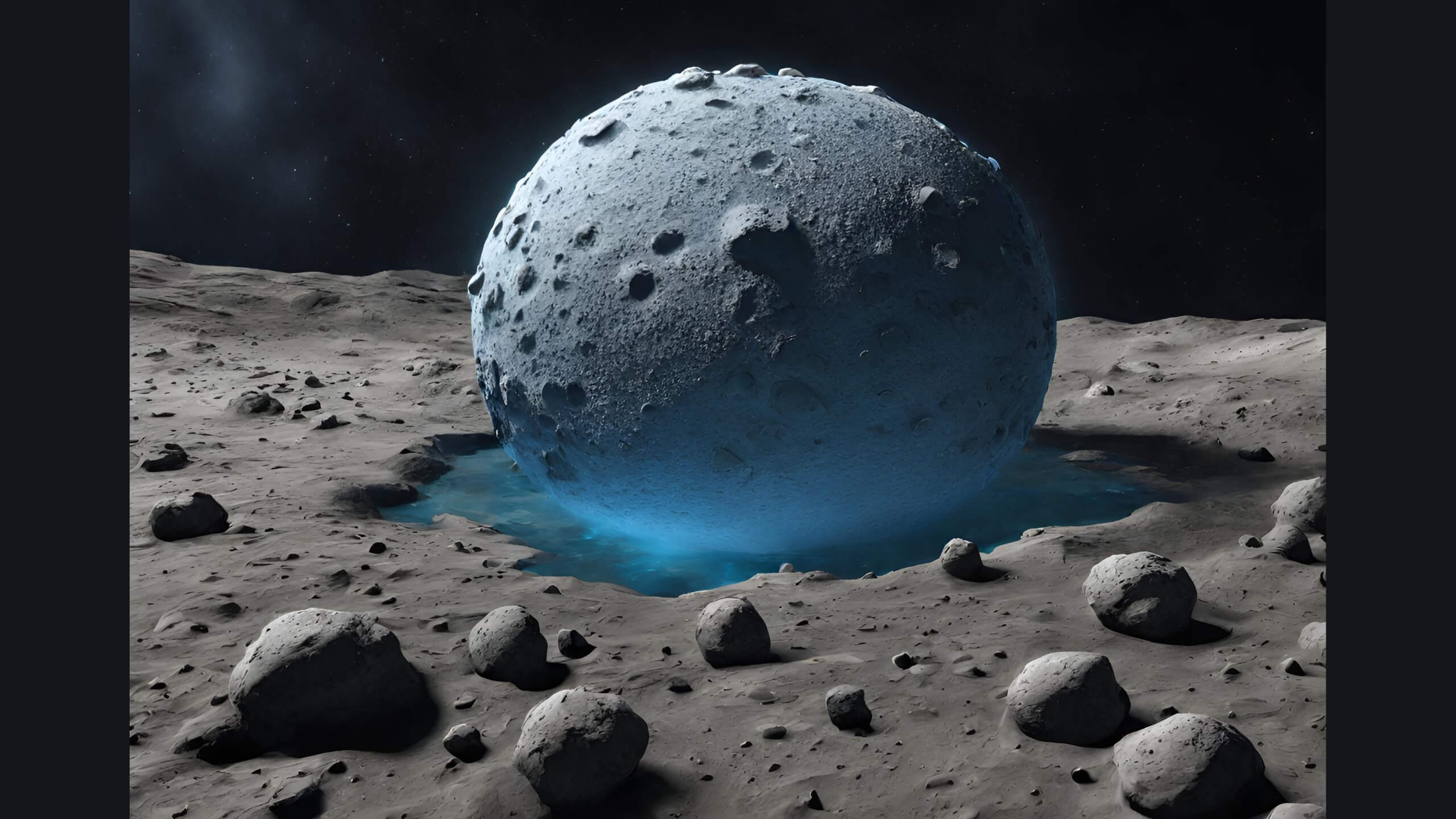
What are the Theories on the Origin of Earth’s Water?
Theories on the origin of Earth’s water include:
Delivery by Comets and Asteroids: It is believed that objects like comets and asteroids that contained water-rich materials, could have collided with Earth during its early formation, bringing water to the planet.
Water Trapped during Formation: Another theory proposes that there may have been ice present in the nebula of gas and dust (from which the Earth formed).
Hydrogen in Solar Wind: Studies have also indicated that a significant source of Earth’s water could be hydrogen atoms carried on particles in the solar wind. Later these hydrogen atoms may have combined with other elements on Earth to form water.
Water from Rocks: Researchers propose that minerals within the Earth’s interior contain hydrogen and oxygen, which could have combined to form water.
Gas and Asteroidal Material: There is a high chance that water on Earth originated from asteroidal material as well as the gas leftover from the formation of the sun.
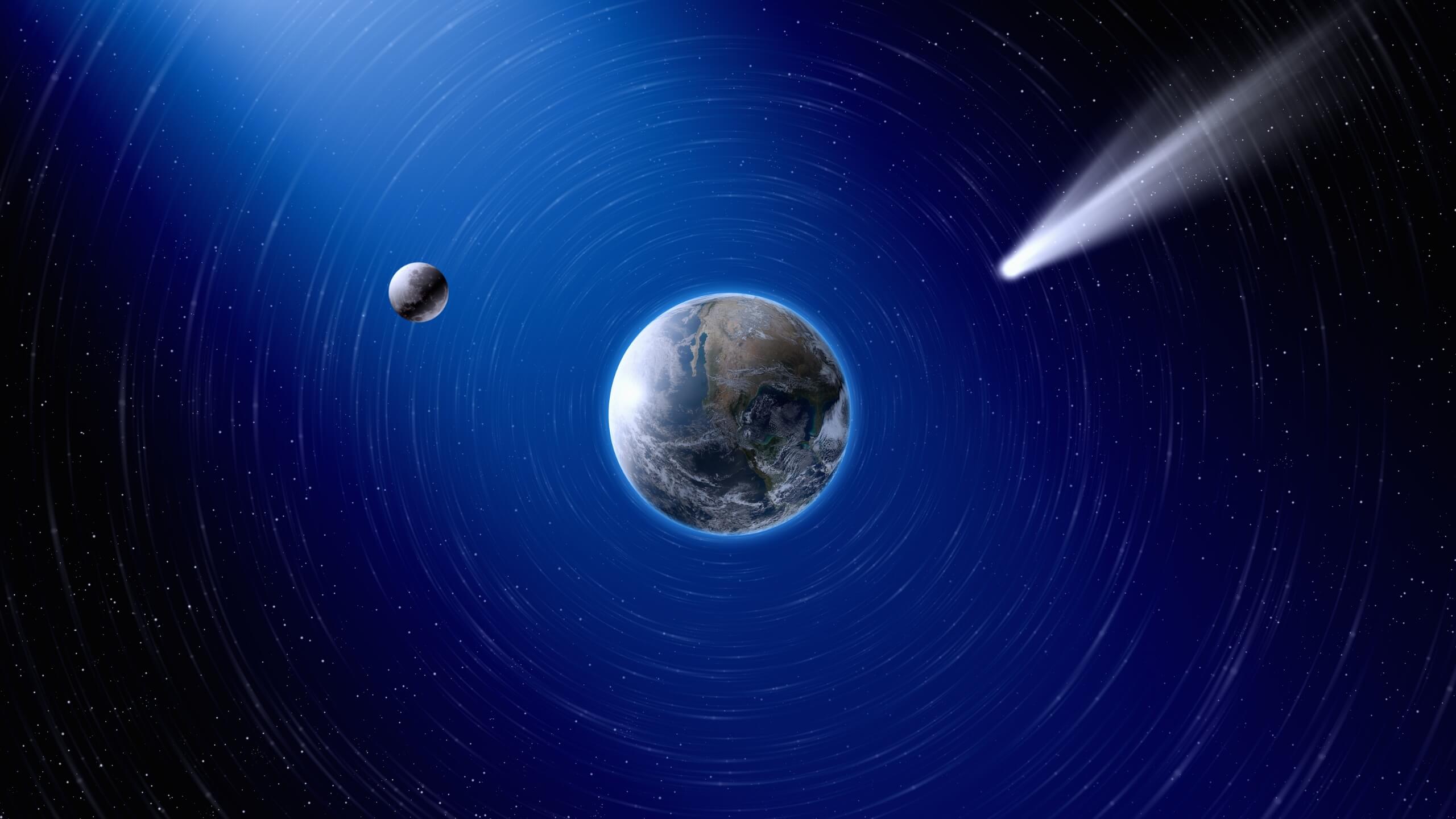
Did Comets and Asteroids Contribute to Earth’s Water?
According to the search results, comets and asteroids are considered plausible sources of Earth’s water. Studies and models suggest that these celestial bodies contain water-rich materials, including ice. During the early stages of the formation of the Earth, comets and asteroids collided with Earth, delivering water to the planet.
How Does Volcanism Play a Role in Earth’s Water Reservoirs?
Volcanism is an important process in the water cycle, influencing the distribution and availability of water on Earth’s surface and within its interior.
Water Vapor Emissions: The water vapors released during volcanic eruptions contribute to the water content in the atmosphere. It condenses and falls as precipitation, replenishing Earth’s surface water reservoirs.
Submarine Volcanoes: Submarine volcanoes release gases and water vapour into the surrounding seawater and directly contribute to the saltwater reservoirs of Earth.
Hydrothermal Systems: Volcanic activity can create hydrothermal systems. Hydrothermal in return generates hot springs, geysers, and even undersea hydrothermal vents, releasing mineral and nutrient-enriched water.
Water Recycling: Volcanic activity causes the recycling of water between the Earth’s surface and its interior. The process occurs when tectonic plates collide and cause water-rich minerals and rocks to be carried deep into the Earth’s mantle. Later, through processes like metamorphism and melting, this water can be released back into the atmosphere through volcanic eruptions.
🔬 Subscribe to SciMail
Get the latest science discoveries straight to your inbox!
Long-Term Water Storage: It is believed that water stored in large reservoirs, known as “deep water reservoirs,” can hold significant amounts of water underneath volcanos and contribute to Earth’s overall water budget.
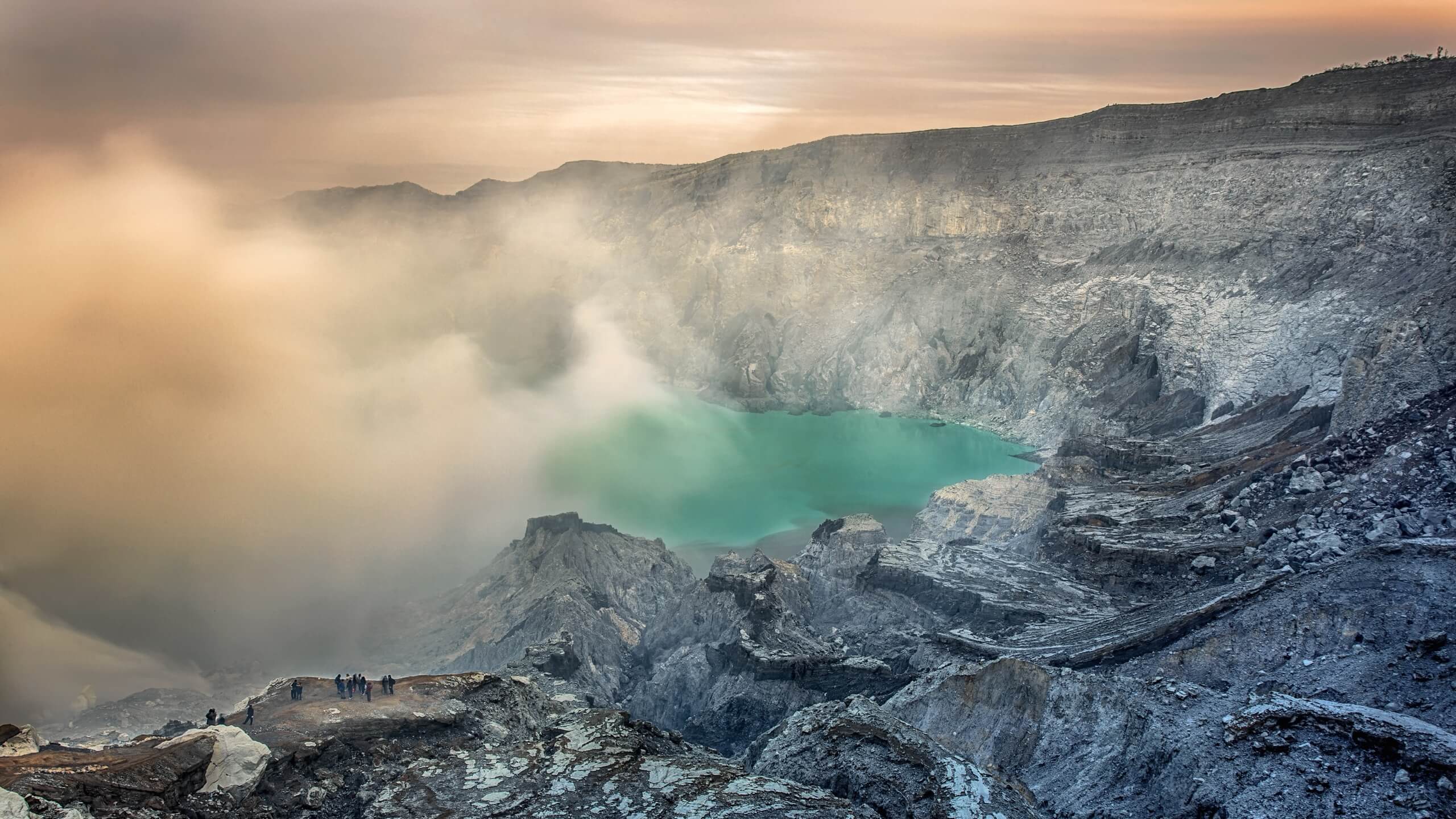
Was There a Primordial Ocean on Earth?
According to the researchers, there is evidence that Earth’s primordial ocean may have existed 3 to 4 billion years ago. Primordial oceans are referred to as water bodies that existed in the early stages of Earth’s formation. This study proposes that there is no other plausible source of water on Earth besides the oceans, indicating that Earth may have been a water world during its early stages.
Is There Water Hidden Deep within the Earth?
Yes, there is water hidden deep within the Earth. Scientists found hints of water reservoirs in the Earth’s mantle located beneath the Earth’s crust. These hidden water reservoirs are believed to exist hundreds of miles below the Earth’s surface.
One study result describes the discovery of a diamond containing a mineral from the Earth’s mantle, indicating water presence. Moreover, the presence of water locked up in minerals such as Ringwoodite reveals oceans’ worth of water hidden within the rocky mantle.
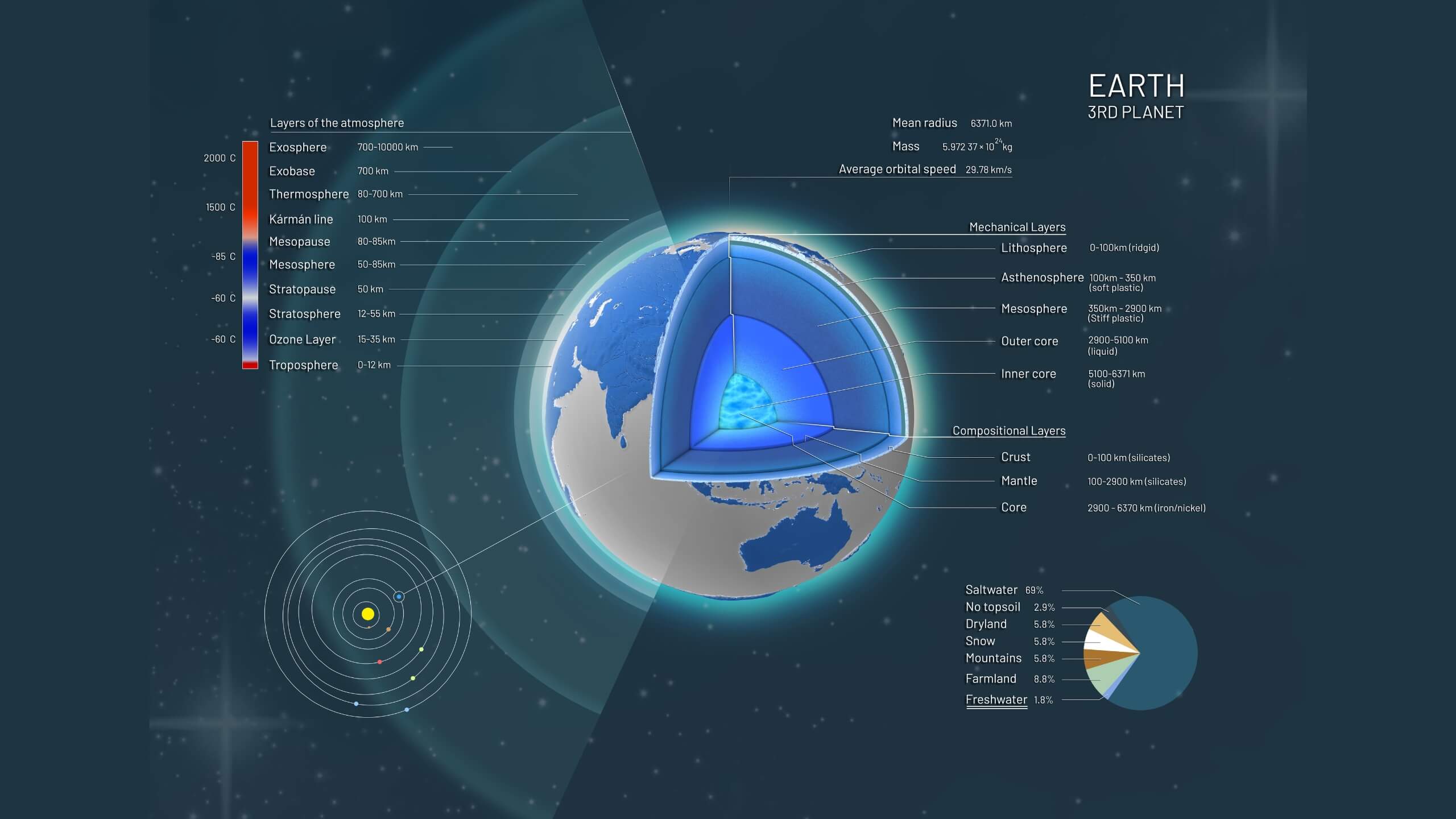
Is Earth’s Water the Result of Multiple Sources or a Single Origin?
The complex nature of Earth’s water cycle and the presence of various sources of water support the idea that it has multiple origins rather than a single origin. The multiple sources and processes of Earth’s water include atmospheric deposition, Hydromodification, runoff, and potential contributions from interstellar dust.
What is the Current Research on the Origin of Earth’s Water?
The current research on the origin of Earth’s water suggests that it is likely derived from multiple sources. Here are some key findings:
Chondritic Inheritance: The prevailing consensus is that Earth acquired most of its water through the accretion of carbonaceous chondrite material, particularly CI-like chondrites.
Comets: Comets played a significant role in delivering water to our planet. Studies indicate that the water in many comets may share a common origin with Earth’s oceans.
Water-rich Planetesimals: Another favored explanation is that Earth obtained water from water-rich objects known as planetesimals.
Asteroidal Material and Solar Gas: Recent research suggests that Earth’s water may have originated from asteroidal material and gas leftovers from the Sun.
Solar Wind: Some studies propose that hydrogen ions from the solar wind combine with oxygen in the Earth’s atmosphere to form water.

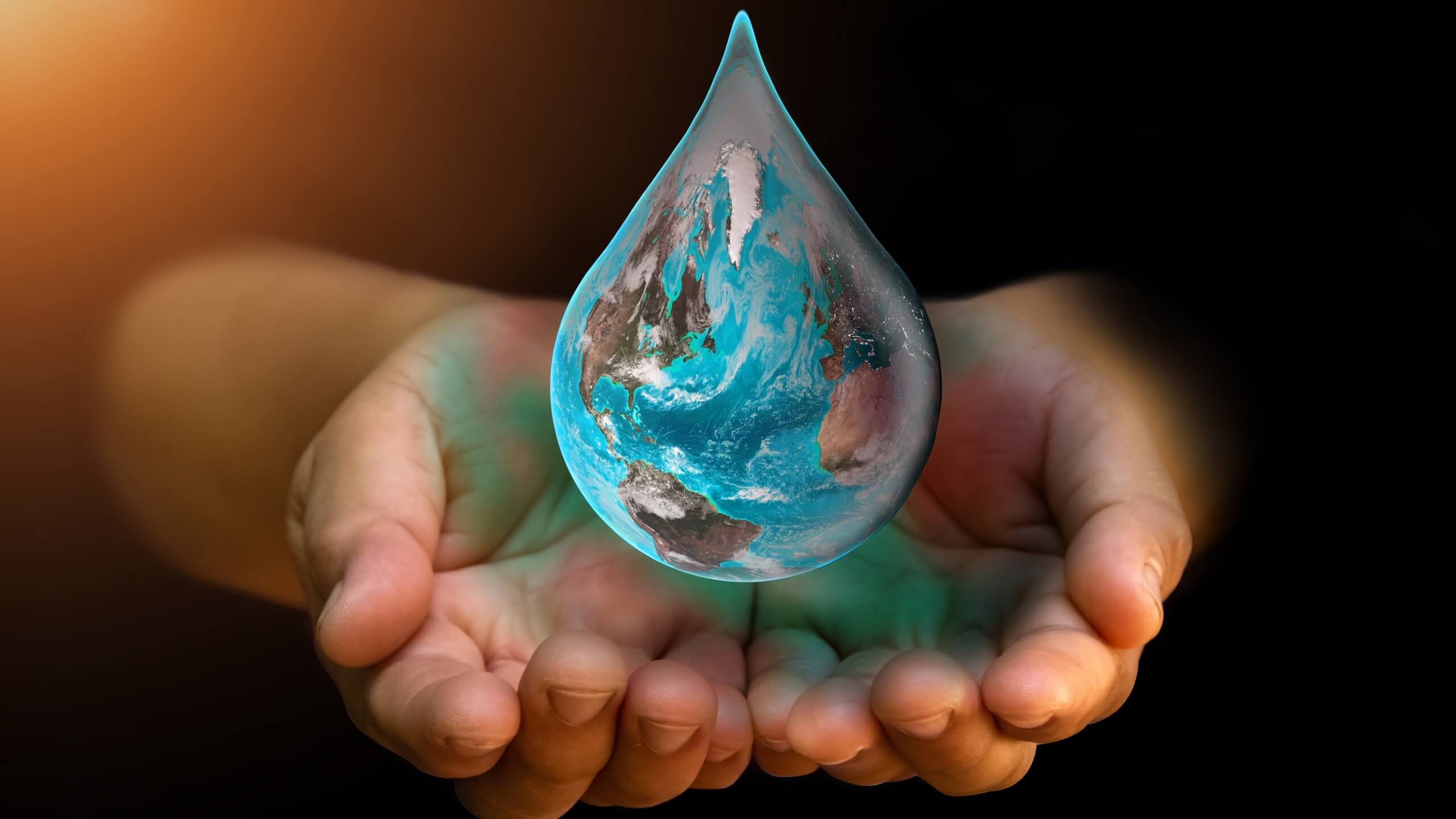
Leave a Reply